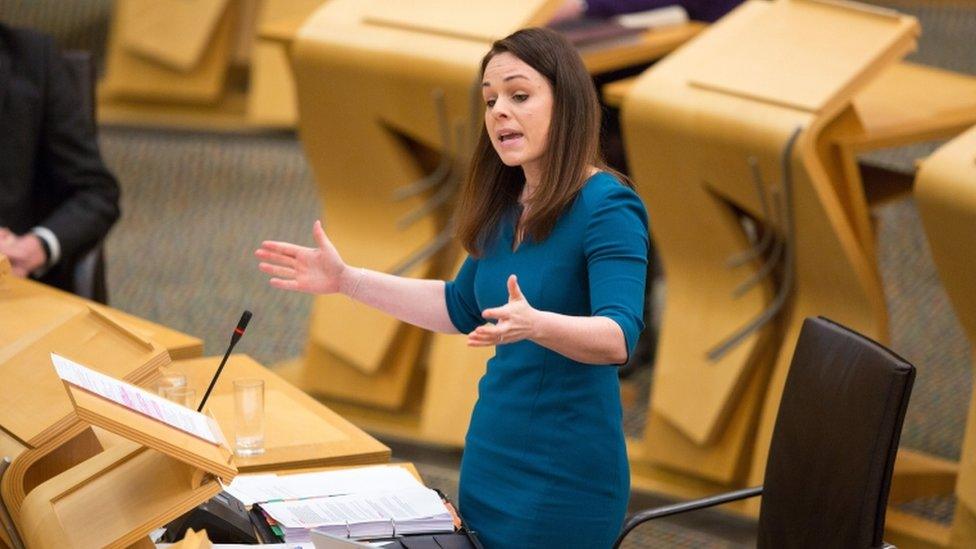Scottish budget: SNP secure deal with Greens and Lib Dems
- Published
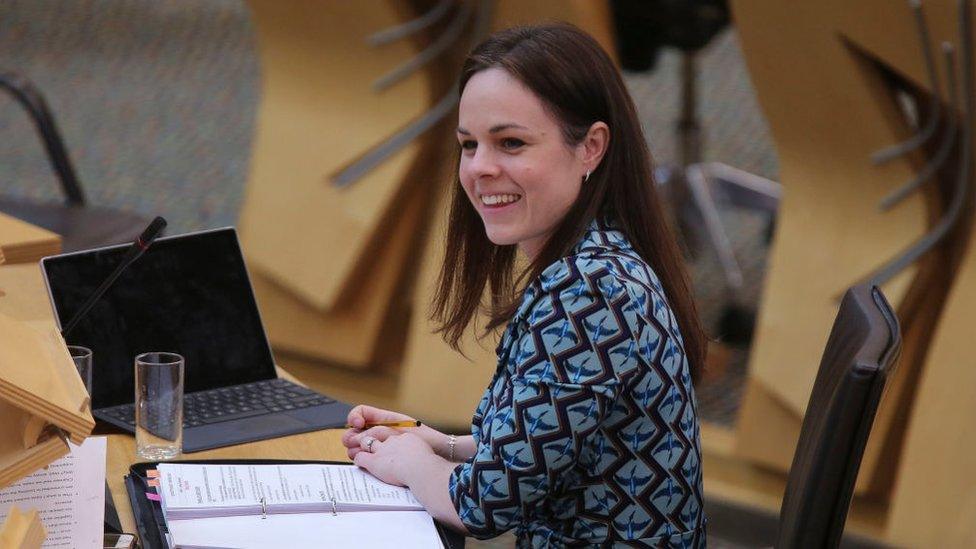
Finance Secretary Kate Forbes said she had held constructive talks with all opposition parties
The Scottish government has secured deals with the Greens and Lib Dems to get its budget plans through the Scottish Parliament.
The SNP agreement with the Greens will see extra cash go to free school meals, public sector pay and public transport.
The Lib Dems have secured enhanced funding for education, mental health and local government.
Finance Secretary Kate Forbes said the plans could pave the way to a "fairer, greener and more prosperous Scotland".
The minority SNP government needs the backing of at least one other party to pass its tax and spending proposals - but has a comfortable majority with the five Green and five Lib Dem MSPs on board.
Ms Forbes said discussions with all parties had been "positive" and that she hoped all MSPs would back the budget.
The government's plans were set out in January at a time of heightened uncertainty due to the Covid-19 pandemic and the fact the UK government only set out its figures in early March.
Extra funds were allocated by UK ministers in February and then again in March as pandemic relief programmes continue.
Ms Forbes left income tax rates unchanged, but has committed extra spending to a range of areas - including health, employment and local government.
The deal announced on Monday morning with the Scottish Greens - who have backed the SNP in every budget vote during the current parliamentary term - will see extra funding going to initiatives for young people and the environment.
It will see the introduction of free school meals for all primary school pupils by August 2022, free bus travel for all under-22s, £15m for active travel and £10m for energy efficiency projects.
The deal will also include an £800 pay rise for public sector workers earning less than £25,000, a 2% uplift for those earning up to £40,000, and an extra pandemic support payment of £130 for households in receipt of council tax reduction.
Scottish Green co-leader Patrick Harvie said he was "delighted that once again our constructive approach has delivered real results for the people who need it most".
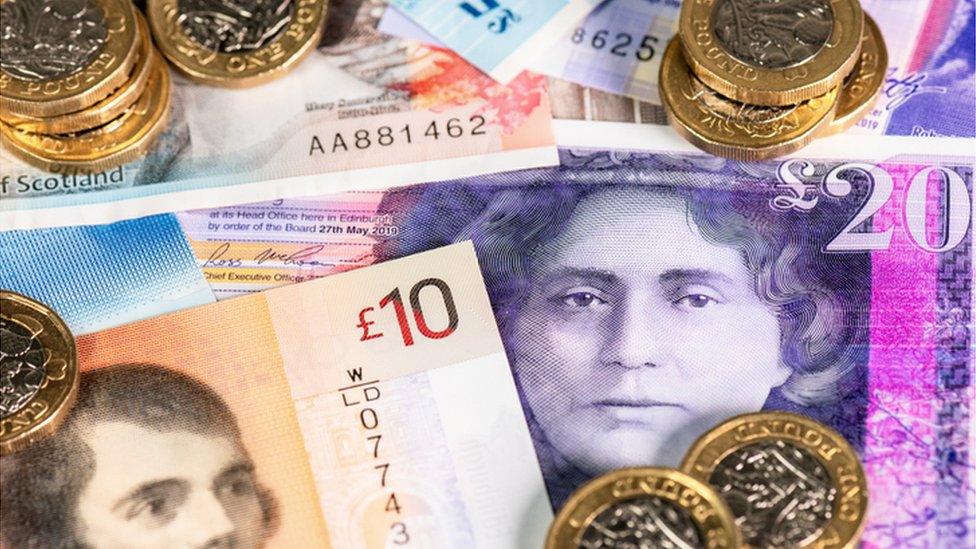
Later in the day, the Lib Dems confirmed they would also be backing the budget after securing extra cash for education, mental health and councils.
This includes an extra £120m for new community mental health services, £60m to help schools "catch up on learning lost due to the pandemic" and £20m for classroom support.
The party also won £15m of support for staff retraining and economic recovery in the north east in light of the downturn in the oil and gas sector, and "fair funding" for ferries in Orkney and Shetland.
Leader Willie Rennie said: "These proposals show the impact that Liberal Democrat MSPs can make, balancing important national matters with targeted local support for our constituents and putting the recovery first."


It is almost a tradition for the Scottish budget to pass with support from the Greens.
The SNP has relied on their votes throughout this term of the Scottish Parliament to ensure their spending plans are backed by a majority of MSPs.
What's different this time is that they have the Lib Dems on side too.
Massive extra spending on coronavirus by the Treasury has given the Scottish government more flexibility this year to meet opposition demands.
The Lib Dems think the public expects parties to cooperate more during the pandemic - an approach they are obviously comfortable taking into the election campaign in a few weeks time.
With both the Greens and the Lib Dems willing to vote for the budget, it should be approved at Holyrood with ease when it goes to a final vote on Tuesday.

Ms Forbes said there was a need for "a consensual budget to meet Scotland's needs in these extraordinary times".
She said: "I have held detailed and productive talks with all parties and taken on many of their priorities, alongside those of the Scottish government.
"I am delighted that the Liberal Democrats have now agreed to join the Greens in voting for the budget tomorrow. This example of cross-party work at a time of national emergency reflects well on the Scottish Parliament."
The votes of the Lib Dems and Greens mean the budget bill should pass on Tuesday regardless of what other parties do, but the finance secretary said she hoped to win the backing of all parties.
Scottish Labour's new leader Anas Sarwar said his MSPs would also back the budget if the government would deliver an increase in pay for social care workers - although Ms Forbes has warned that any pay deal would have to be affordable.
The Scottish Conservatives have welcomed the government's move to extend business tax relief throughout the next financial year.
However, they pressed ministers on why a tax cut for house buyers was not also being extended, to match a stamp duty holiday south of the border.
Ms Forbes told the finance committee on Monday that the average price of a house is lower in Scotland, and that any further tax relief "risks pushing property prices higher" rather than helping first-time buyers get on the property ladder.


There's a choreography about Holyrood budgets, at least when an administration is in a minority.
That's been the case for the SNP since 2007 to 2011, and again since 2016, after five years of majority administration.
Before then, Labour and the Lib Dems were in coalition, so the budget deal was done behind closed doors, albeit with some briefing as to who should take the credit.
After 22 years, the Dance of the Finance Bill begins with an initial offer, indicating areas where it might be worth opposition parties pushing to go further.
This year, a lot more money has been added in-year, allowing Kate Forbes to add some chunky bits in February, including a full year of business rates relief for sectors of the economy worst affected.
But if her initial offer was not daubed in environmental green paint, it's because she was saving some of that for her likely partners in getting the budget through.
Why the Lib Dems as well? It wasn't necessary, but it buys goodwill for what might follow May's election. Lib Dems and Greens can say they have influence and take credit for the funding of pet projects.
- Published4 March 2021
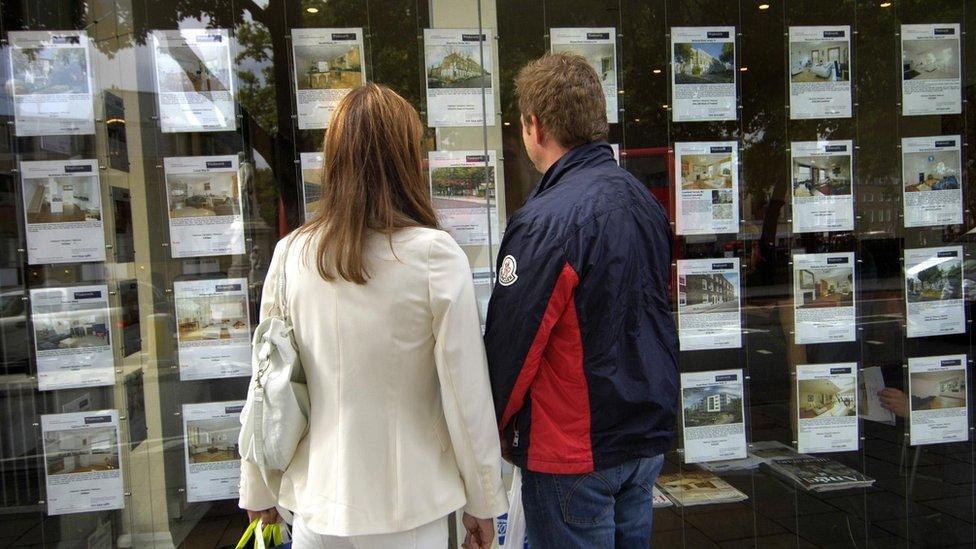
- Published28 January 2021
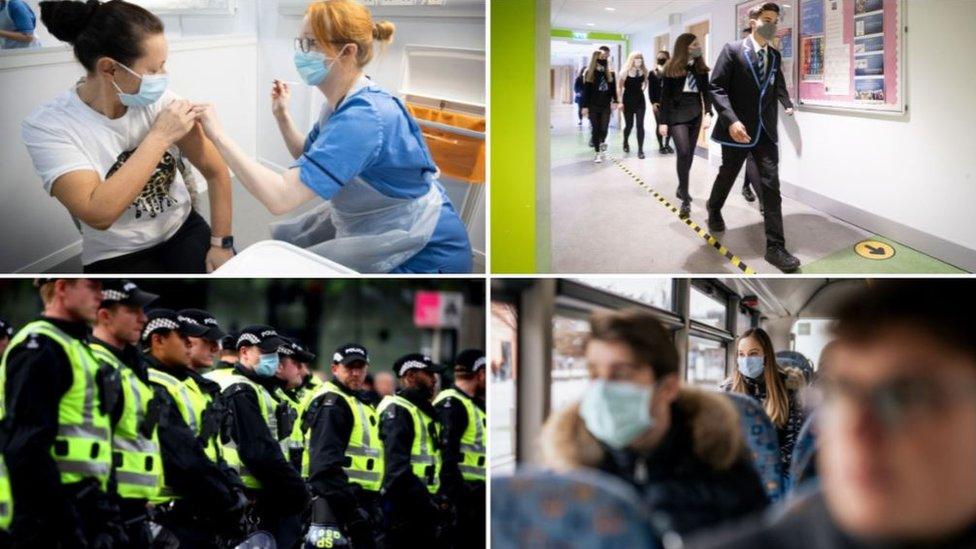
- Published28 January 2021
